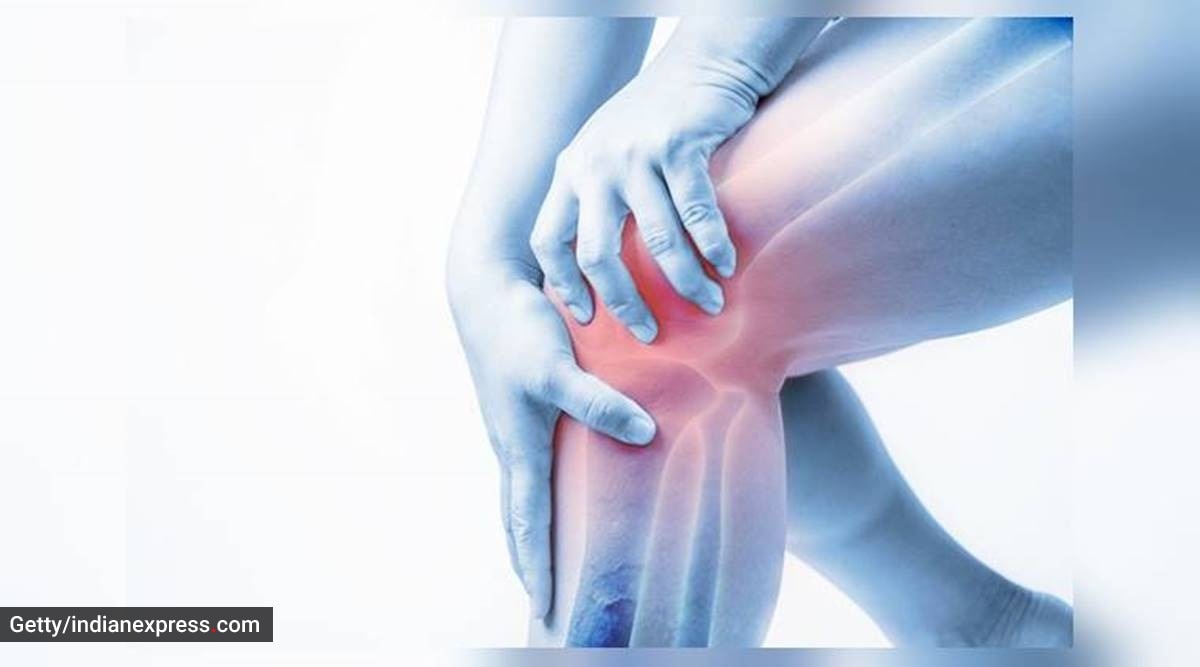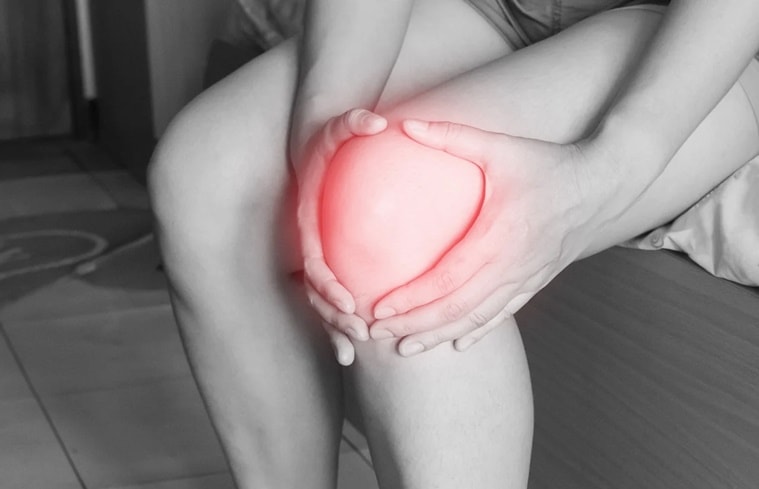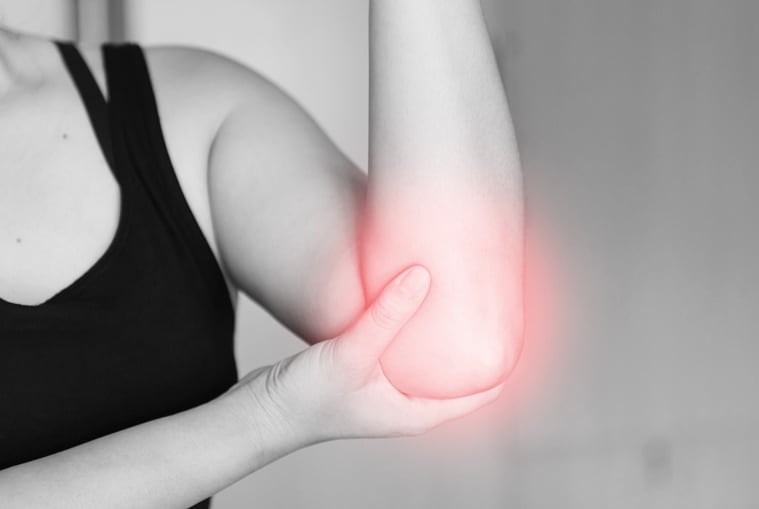"Many people experience joint pain, muscle stiffness, and injury pain during the rainy season owing to the changes in the humidity levels, atmospheric pressure, sudden shift in the temperature, and precipitation," said a doctor

Have you ever noticed that your bones hurt more during rainy days, sometimes making it difficult for you to carry on with your daily chores? While monsoon is often mesmerising, it can turn into a nightmare within no time. “There is a correlation between changing weather and joint pain. Cold weather can give a tough time to your joints. Many people experience joint pain, muscle stiffness, and injury pain as soon as the monsoon begins owing to the changes in the humidity levels, atmospheric pressure, sudden shift in the temperature, and precipitation. This is so because high humidity levels can thicken the blood, raise blood pressure in the blood vessels, and make one’s body work harder in order to pump blood,” explained Dr Ashwani Maichand, orthopaedic surgeon, Apollo Spectra Karol Bagh, Delhi.
Humid days can also lead to dehydration which, in turn, decreases the concentration of fluid around the joints and worsens the pain. To top it all, these factors can also worsen arthritis pain and there is a decreased range of motion, the expert added. A large number of people, especially above 60, complain of joint pain and stiffness, and panic as well. Thus, it is essential to manage the pain instead of ignoring it, he noted.

Dr Maichand suggested some measures to overcome joint pain
Hot and cold compress can do the trick
It is one of the best ways to provide relief to sore muscles and achy joints. Opting for a hot or a cold compress or an alternate compress can help you alleviate joint pain. Apply oil on the joints and gently massage the area; this will also enhance circulation. A cold compress can also be beneficial in tackling a fresh injury or discomfort during monsoons.
Say no to AC
Air conditioner is not recommended for people with joint or bone problems as it can aggravate the pain further.
Stay physically active
Exercising can be a boon for your aching joints and stiff muscles. Do not forget to go for morning walks, stretch the muscles, do yoga, do leg exercises, Pilates, Parkour, aerobics, strength training or cycling to keep the joints in good shape. But, avoid going overboard as it can harm your joints. It will be a good idea to consult a physiotherapist to understand the exercises you can do, and should avoid as certain exercises can aggravate pain.

Eat a well-balanced diet
Vitamin E can be a boon for those with joint pain. It is an antioxidant that fights and protects the body from free radicals which damage the body muscles and even the skin cells. Moreover, vitamin E can also help reduce pain and inflammation. Nuts, avocado, berries, green vegetables, seeds, and fish are some good sources. Don’t forget to load up on fruits, whole grains, almonds, and walnuts. Avoid pickles, sweets, desserts, cakes, pastries, artificial sweeteners and flavours, colas, sodas, pickles, processed, oily, and canned food that can worsen your pain. Having hot soups can lower inflammation in the body, and drinking water can help you stay hydrated, improve joint elasticity, and reduce pain.
Cut down on sodium to manage water retention and swelling in the body. Even a calcium and protein-rich diet can do wonders for your health. Don’t forget to eat flax seeds, sesame seeds, sunflower seeds, paneer, and eggs. You need to consult an expert regarding the foods you need to eat or remove from your diet during monsoon.
“Lack of vitamin D and B 12 can also result in numbness, tingling sensation, and joint pain. So, speak to your doctor and get yourself evaluated on time. Do not overexert yourself and get a good amount of rest,” said Dr Maichand.
Source: Read Full Article
